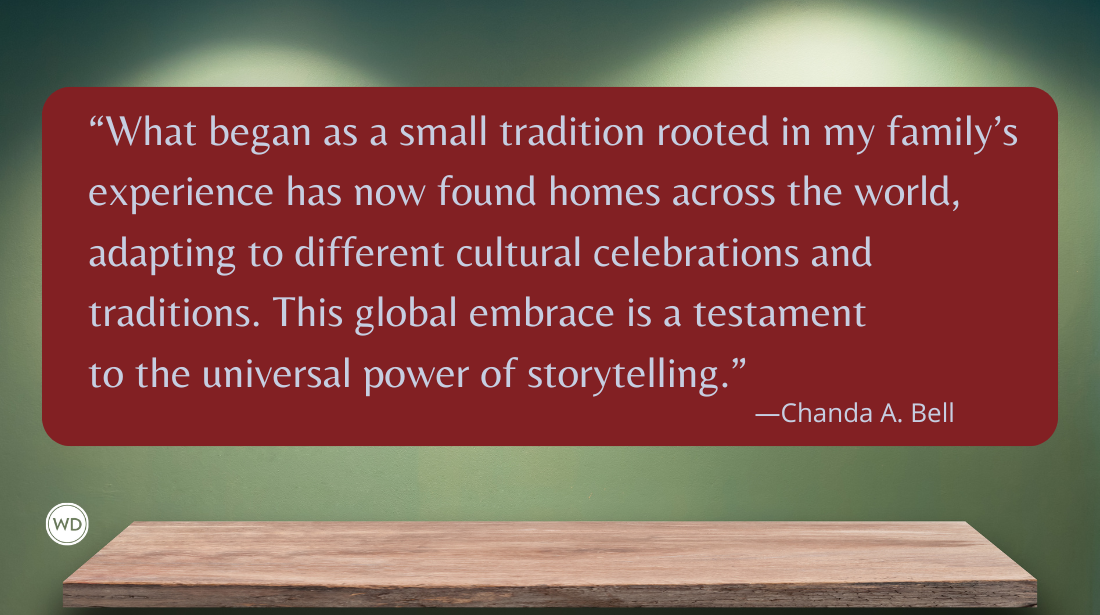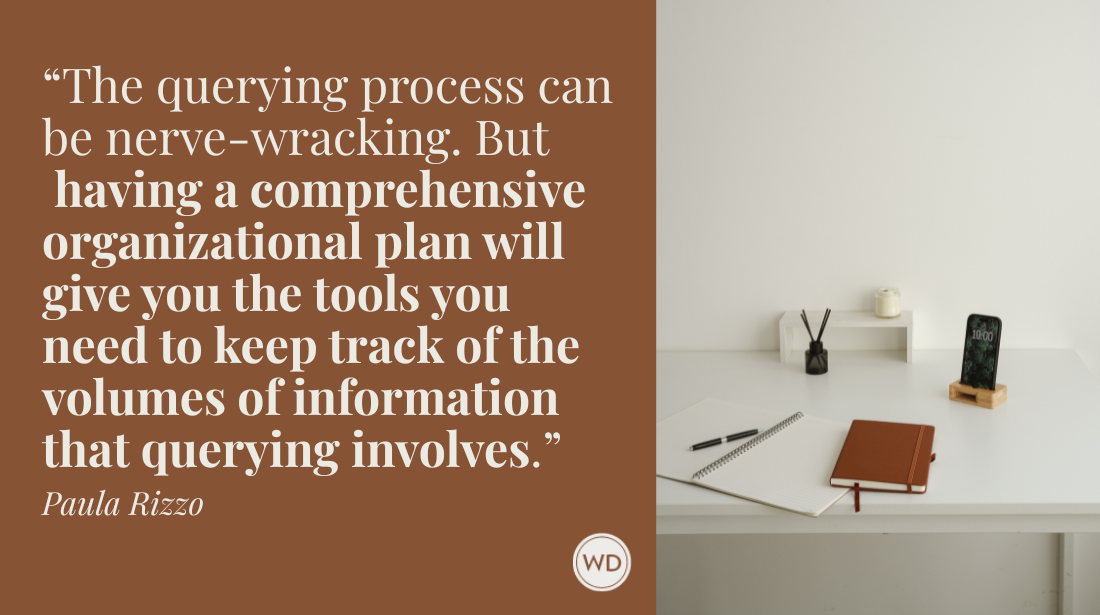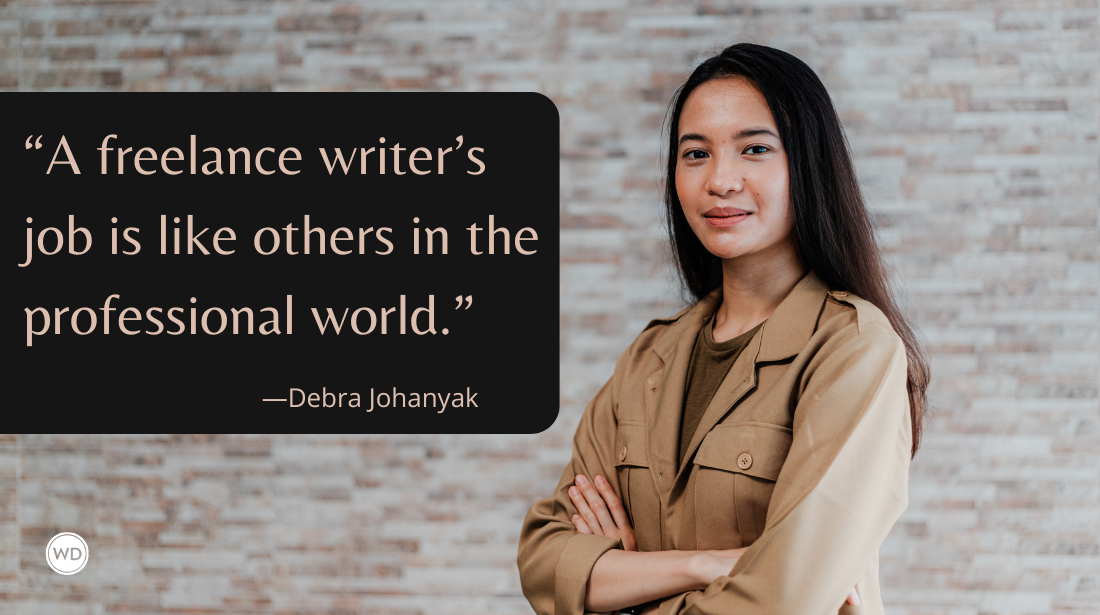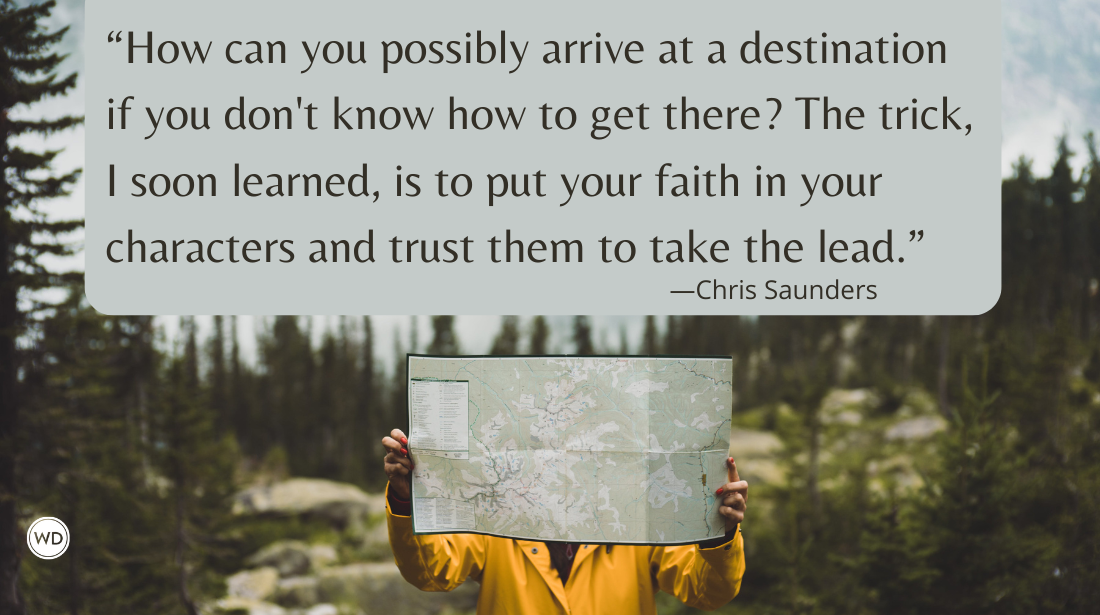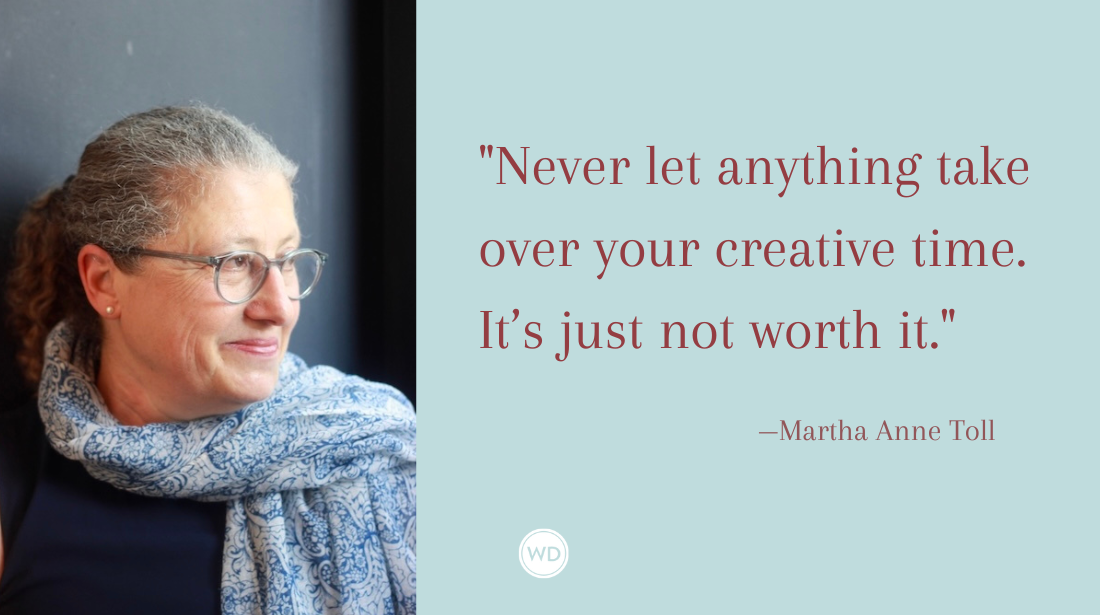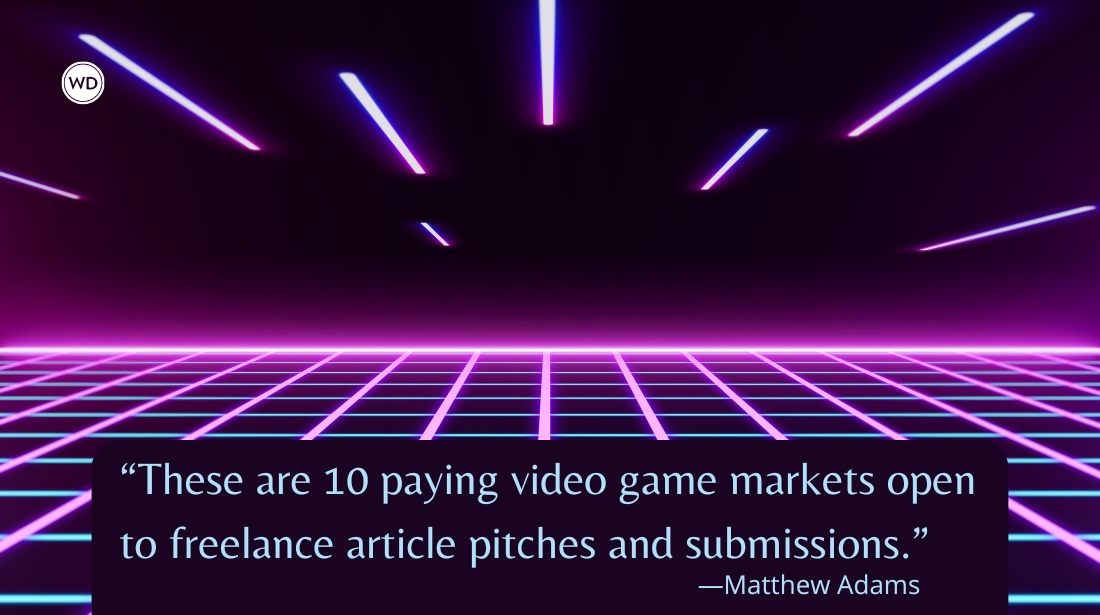Best Articles Writers Should Have Read (1st Half of 2010)
I love uncovering great online articles and bloggers. Even better, I love sharing them. This week, I’ve scoured my Google Reader to find the best of the best stuff I…
I love uncovering great online articles and bloggers. Even better, I love sharing them.
This week, I've scoured my Google Reader to find the best of the best stuff I shared in the first half of 2010.
Here's a list of what I think every writer ought to have read.
"I realized 'It's all who you know,' doesn't have to be depressing. I just never considered it could work in my favor."
"Ideas are a dime a dozen these days ... And anyone can grab them, adapt them and tweak them. This must make
the value of all of this creativity circle down to zero? Absolutely not."
"Writing books and banking on book sales surely isn’t the way forward,
not unless you’ve got an audience numbering in the thousands."
"For better or worse, an ‘author brand’ – that shared mental imprint
people think of when thinking of a certain author – is no longer defined
by the books she releases every now and then and the interviews she
gives (when she chooses to give them, or when people care enough to pay
attention), but also by the writer’s online presence. And that presence
is constant, and constantly accessible, because whatever you do on the
Web tends to stay on the Web."
"The solution is to
stop thinking like a 'freelancer' and start thinking and acting like a creative
entrepreneur.
This does not mean you
need to get VC funding and take on an army of staff. The opportunities
created
by the internet mean you can carry on as a one-person outfit or
micro-business.
What it means is that instead of just working for hire, you start creating
business
assets whose value
will increase over time."
"Touch changes everything. It's much more human and yes, you'll get used to typing on glass...
but look even further into the future (the not-so-distant future) when
you won't be typing on glass, but you'll probably be typing in the air."
"I've always thought that among our most leverageable assets is our audience. Okay, we leverage them in advertising sales and
always have. But here, I’m referring to our audience as knowledgeable
participants in the life our web site. This creates the essential
emotional bond that will lead to real engagement in an interactive
setting."
"If one of the first things you need to do is identify who your potential
readers are, the second thing is to identify where they like to hang
out…so you can go there and win them over."
"Used to be that content was inseparable from the medium that
delivered it, otherwise known as a book. The end goal and
ultimate dream for aspiring writers was to have a novel published by one
the major publishers who could get your book in bookstores all across
America (and perhaps the world). Now content gets delivered in different ways through different
devices that create different kinds of reading experiences. Writers
need to think of content as fluid and shifting, something that can be
developed or repackaged across different platforms."
--
Did you like this post? Here's some more:
Jane Friedman is a full-time entrepreneur (since 2014) and has 20 years of experience in the publishing industry. She is the co-founder of The Hot Sheet, the essential publishing industry newsletter for authors, and is the former publisher of Writer’s Digest. In addition to being a columnist with Publishers Weekly and a professor with The Great Courses, Jane maintains an award-winning blog for writers at JaneFriedman.com. Jane’s newest book is The Business of Being a Writer (University of Chicago Press, 2018).



